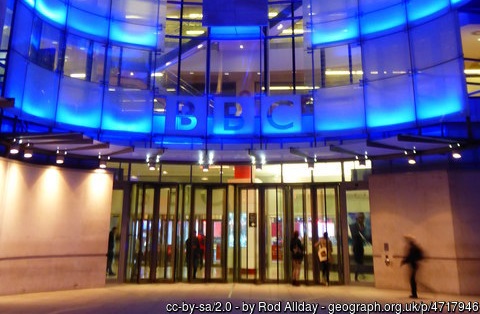28 August 2020 | OPINION
If the Proms row has had an impact on the BBC’s reputation, it’s been greater awareness of the BBC’s structural biases and vulnerabilities to personal politics. The BBC, as an impartial public broadcaster, which has attempted to bring up issues relating to diversity and structural racism in society, has, to use their words, ceded to their “unconscious biases”. The BBC’s slow response has left it vulnerable to attacks from the government and commentators, fuelling a debate that largely occurs on political lines.
The BBC’s reforms shouldn’t just start from the top, which as the BBC’s Australian counterpart (the ABC) has shown, doesn’t change anything. The infuriated responses by the public to the BBC’s attempts to remedy the situation have brought more attention to the campaign to ‘Defund the BBC’, which encourages people to cancel their licence fee so they don’t have to support an “evidently biased” BBC.
This makes both logical and moral sense. One of the arguments in support of the licence fee is that is gives the BBC a unique position in the media world, as the universality of this fee means that news, information, and other forms of entertainment or cultural services are provided to everyone. Similar to the NHS, the BBC and the licence fee exists on the lines that it applies to everyone, is comprehensive, and provides for everyone. That makes sense.
However, in terms of their political reporting and how that has been passed on to their other services (taking the Proms as an example), there have been questions raised: Does the BBC really provide for everyone? Does the BBC provide the analysis and reporting needed in the interest of public information? The clearly political nature of the Proms row shows that there is legitimate reason to call this, and thereby the licence fee itself, into question.
This is not a question of BBC journalists or employees having political opinions. Like civil servants or judges, they have their own opinions, and every right to hold them. However, when the expression of those opinions and the work they do for their organisations are so closely linked, if not directly relevant, then that brings up questions. When a very political agenda is being pushed by a particular individual during the planning of a cultural service, that also brings up questions.
I am, of course, talking about Newsnight Policy Editor Lewis Goodall’s New Statesman article on the A-Levels fiasco and the Proms row. However, they can apply to almost any other case. Let me be clear: this is no attack on the talent or merit of the individuals who work at the BBC – it simply calls into question why the BBC is still a public broadcaster that everyone has to pay for.
The BBC shouldn’t have a near-monopsony on the airwaves if it’s going to have journalists and employees who use the organisation to push their individual agendas. The campaign to ‘Defund the BBC’ brings up serious questions and, if anything, should provoke some serious soul-searching.
















